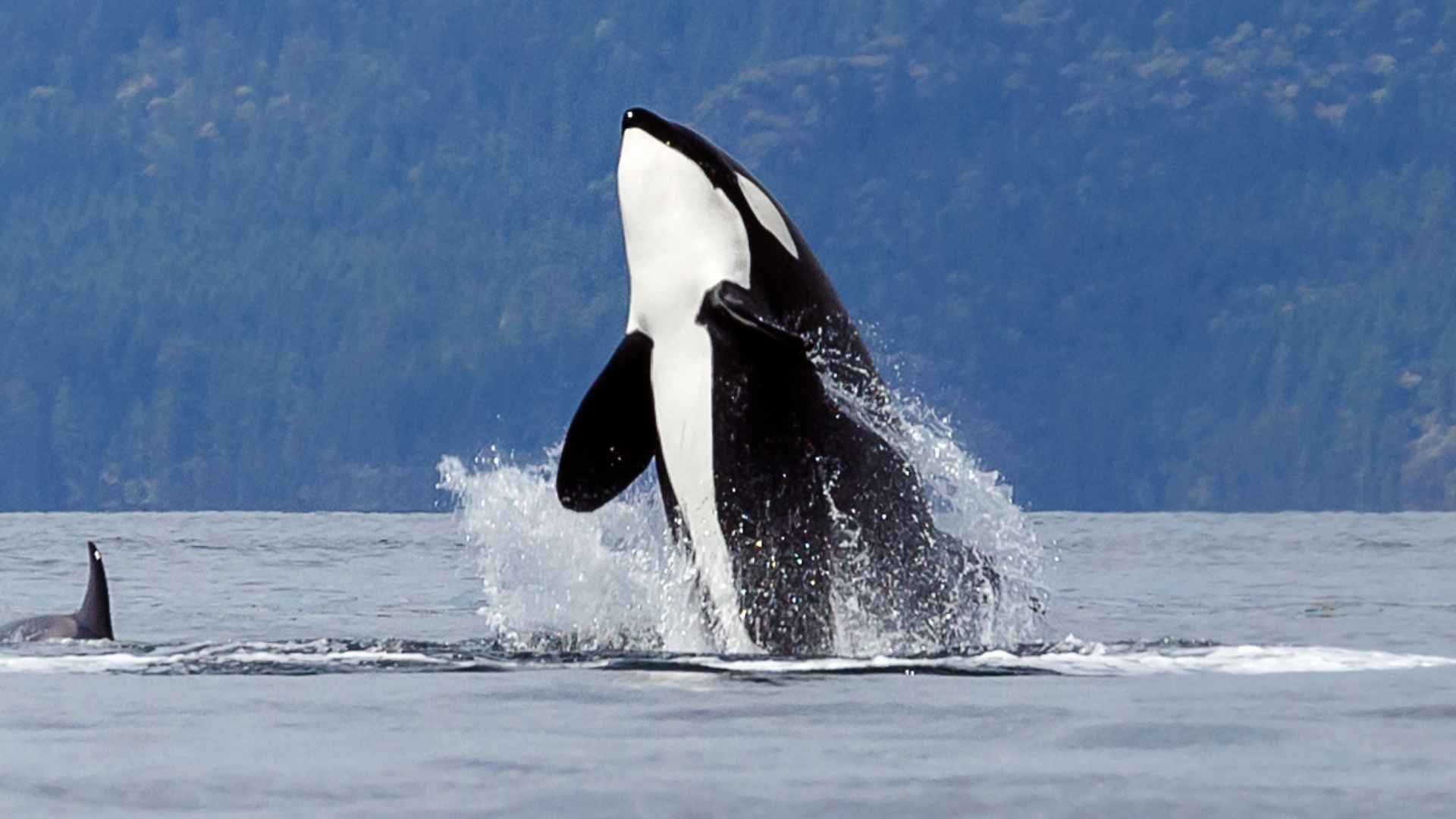Why are orcas worldwide gifting seafood to swimmers and sailors alike? New research tracks 34 encounters and raises fresh questions about cross‑species bonding.
Killer whales have startled observers from California to Patagonia by nudging fish, rays, or even squid toward humans, waiting patiently—and sometimes trying again when the offer is refused. The phenomenon, compiled over two decades by marine biologists in Canada, New Zealand, and Mexico, may rewrite what we thought we knew about orca social behavior and curiosity.
In short, the study paints a picture of highly social predators testing, sharing, and perhaps communicating across the species line. Eleven gifts reached people in the water, twenty‑one were delivered to boats, and two even landed at the shoreline. Deadlines and dollar amounts may dominate other headlines, yet here the numbers that matter are years, miles, and sheer wonder.
What the 34 surprise encounters reveal about orca social behavior
The research team applied strict rules: people could not approach the whales first, and the cetaceans had to place the item within reach. In all but one case, the orca lingered to gauge the response. Seven times, the whale circled back with a second helping—an action scientists call “re‑offer.” How often does any wild animal do that for us?
| Setting of encounter | Documented cases |
|---|---|
| People in the water | 11 |
| People on boats | 21 |
| People on shore | 2 |
These numbers hint at deliberate intent rather than chance. After all, orcas usually reserve food sharing for pod mates to cement relationships. Could humans now be honorary members, at least for a moment?
Why scientists believe killer whales share prey with curious humans
Lead author Jared Towers notes that orcas hunt prey larger than themselves and frequently have leftovers. Offering morsels might serve several overlapping purposes:
- Cultural practice: young whales could be rehearsing a learned tradition.
- Playful exploration: like tossing kelp, sharing fish might simply be fun.
- Social outreach: presenting food could test the boundaries of interspecies trust.
Yet nagging questions remain. Could these gestures reflect empathy? Are whales measuring our reactions for future interactions? Researchers aim to pair video evidence with acoustic data next, hoping to decode any accompanying calls. Stay tuned—this saga is far from over.
Consequently, every beachgoer, diver, or angler should keep a respectful distance, record details if an orca approaches, and share footage with marine scientists. First, never feed the whales in return; regulations protect them from human handouts. After all, they seem to have plenty of sushi to spare.

